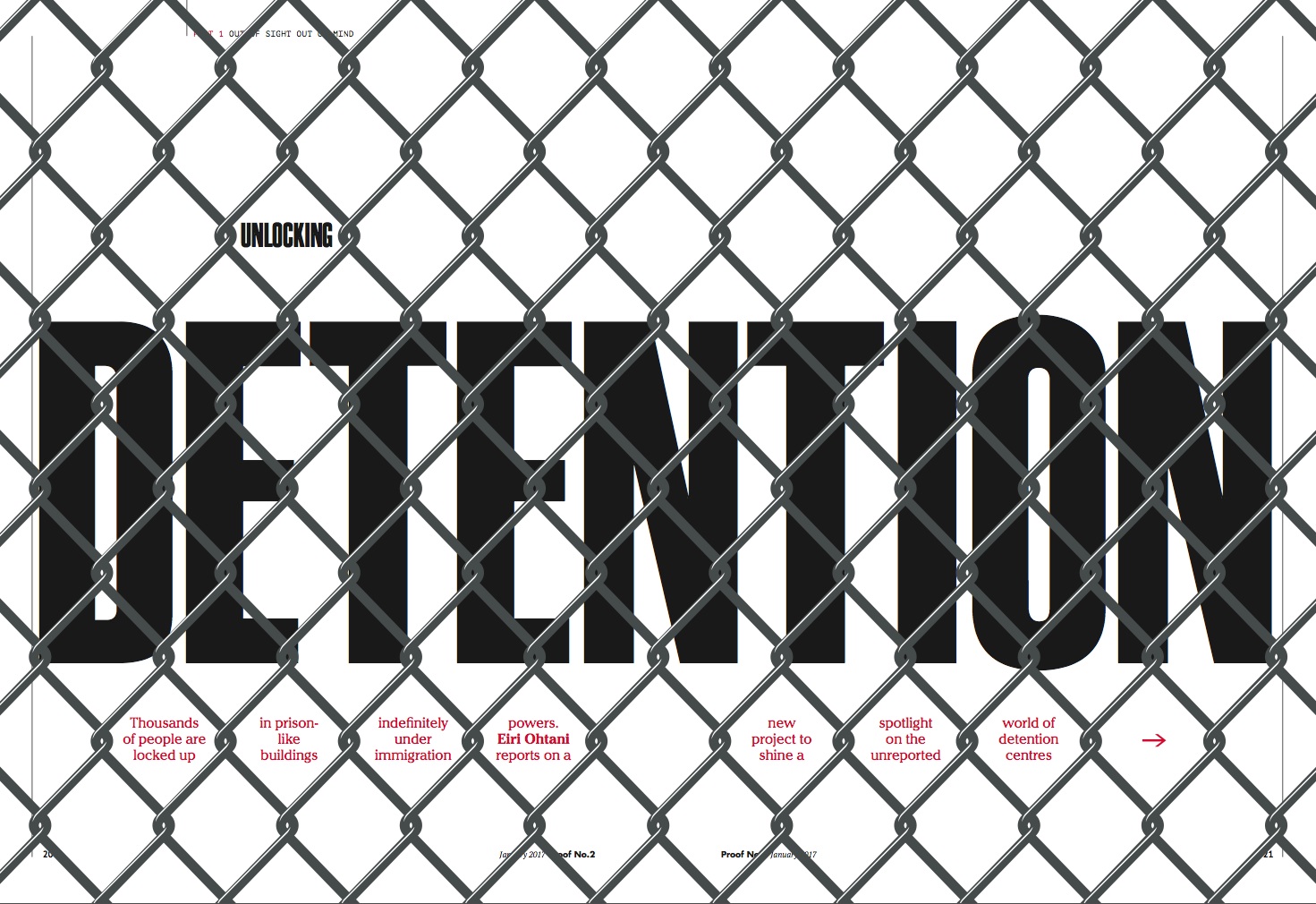Bail cannot be imposed on migrants if their detention is unlawful, rules Supreme Court
The Home Office has lost a challenge in the Supreme Court to impose bail on immigration detainees whose detention in Immigration Removal Centres is found to be unlawful.
Last week the UK’s highest court ruled unanimously that when a person held in immigration detention cannot be lawfully detained, the Home Office cannot demand that they are released on a bail regime that often comes with stringent release conditions.
The challenge was brought by B, an Algeria national, who had been living in the UK since 1993 and who suffers from mental health problems. He had been involved in terrorist activities and was being detained in an immigration removal centre, even though a court had previously found that he could not be safely removed to Algeria. As there was no prospect of removal, the detention was no longer justified and therefore unlawful. Nevertheless, the Home Office had agreed to release him only if able to impose restrictive bail conditions on him.
Immigration bail conditions often include the imposition of residing at a specific address, tagging, the obligation to report to an immigration reporting centre twice a week and restrictive curfews hours. In its decision, the Supreme Court emphasised that Parliament cannot limit a person’s liberty unless clearly intended by the legislation and that, contrary to what the Secretary of State was trying to argue, bail conditions cannot be imposed if the decision to detain was unlawful.
The charity Bail for Immigration Detainees (BID), which campaigns to challenge immigration detention in the UK, acted as an intervener in the case. BID’s Director, Celia Clarke said she welcomed the Supreme Court’s decision that no bail conditions can be imposed by the Home Office when someone is unlawfully detained. ‘Bail conditions can constitute a severe constraint on a person’s liberty and are not a “soft option”,’ she said. ‘We are pleased that the court has found that bail conditions can only be imposed where there is a clear legal basis for doing so.’
However, in January 2018, the Government introduced a new regime to govern bail for people for immigration detainees. The new bail regime, which may also operate retrospectively, explicitly allows detention even when people cannot be removed and therefore permits the imposition of bail conditions in circumstances like the one of B. The new regime also allows the Home Office to effectively ignore the decision of a Tribunal to release a detainee on bail and continue with the detention.
The decision of the Supreme Court in B comes days before another decision in which the Court of Appeal found that the current immigration bail regime is failing people with mental illnesses. In that case, the Secretary of State argued that it had no power to appoint a mental health advocate to make representations on behalf of a mentally ill detainee and that conducting a capacity assessment when someone if first detained would breach the detainee’s confidentiality. The Court found the Home Office’s arguments to be ‘entirely unfounded’ and suggested that they expect the Government to fill the gap in the Immigration bail System and put in place safeguards for the mentally ill currently detained.






